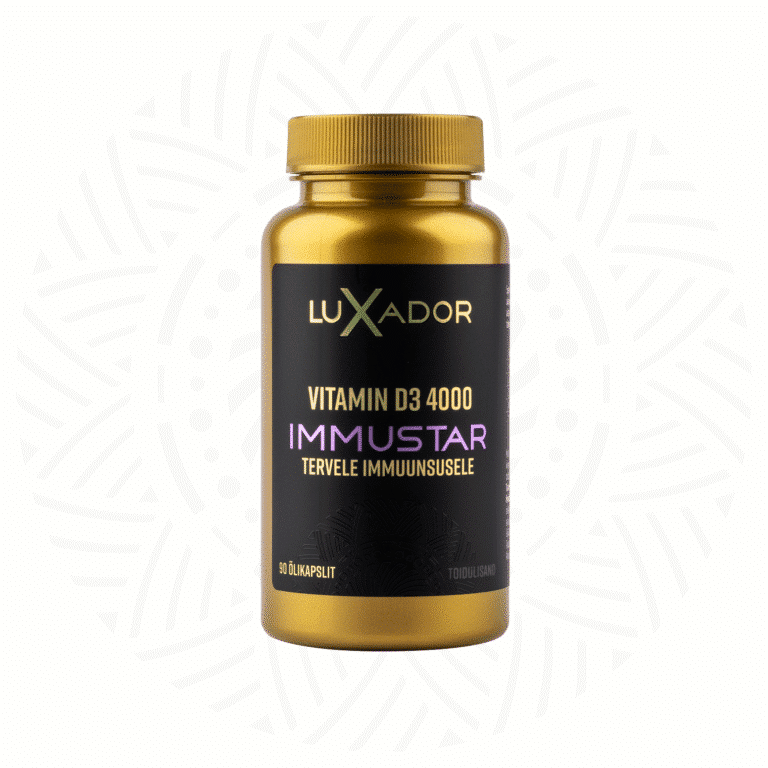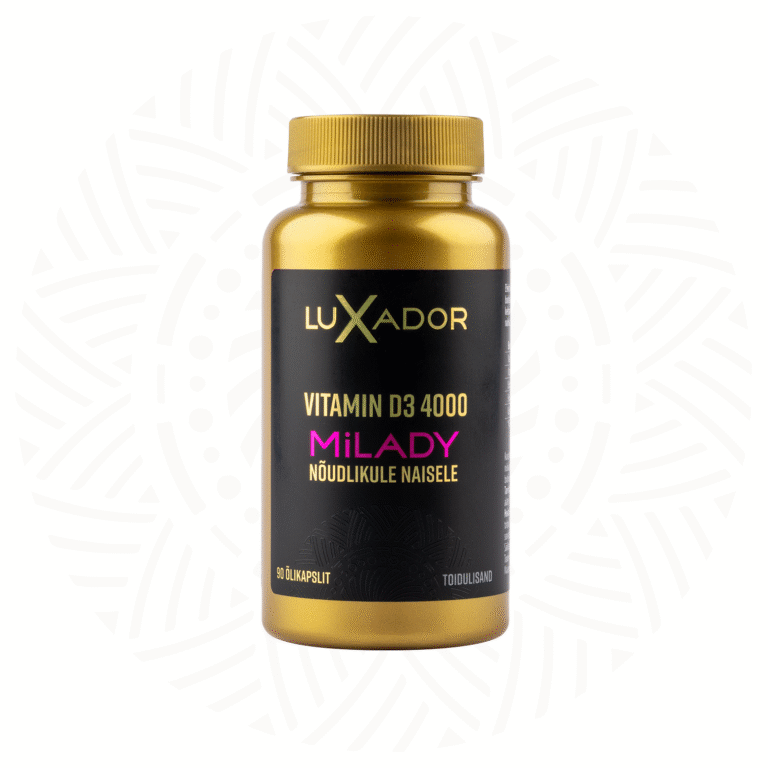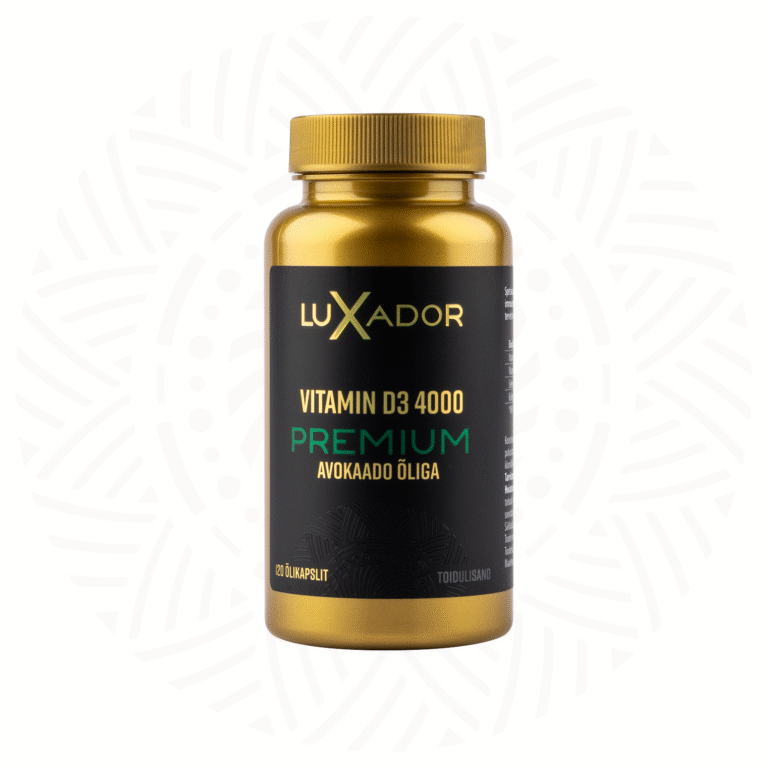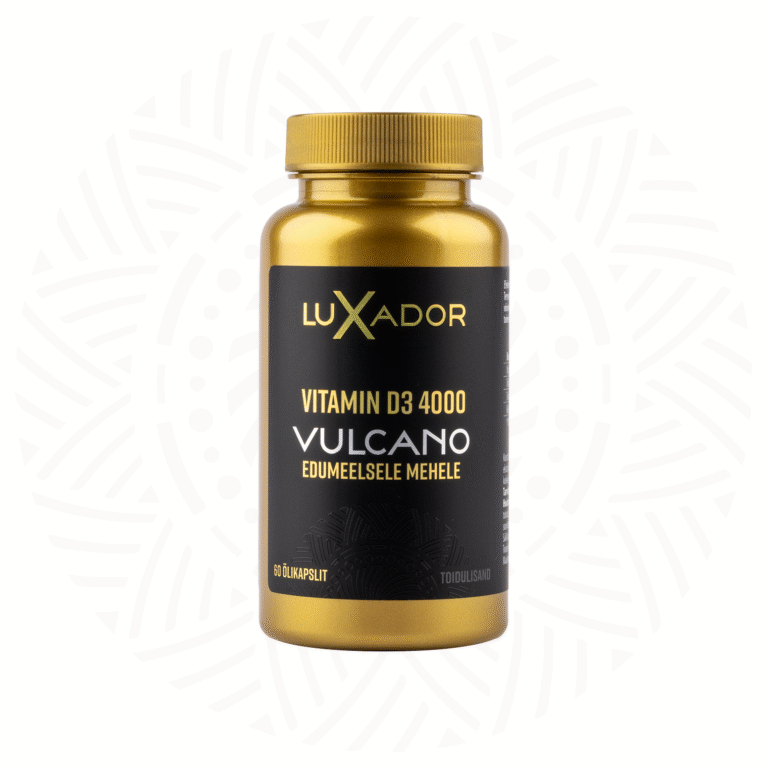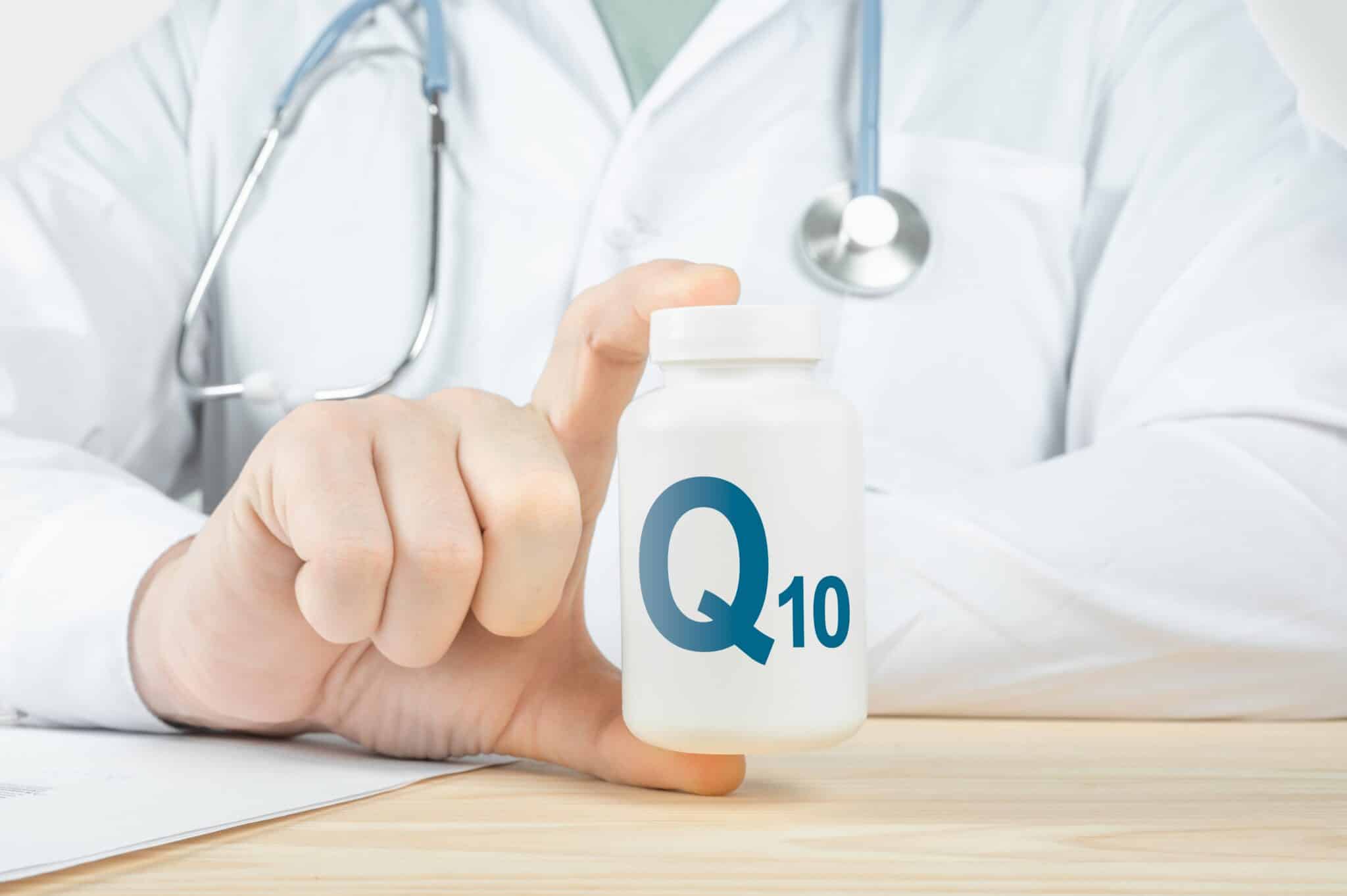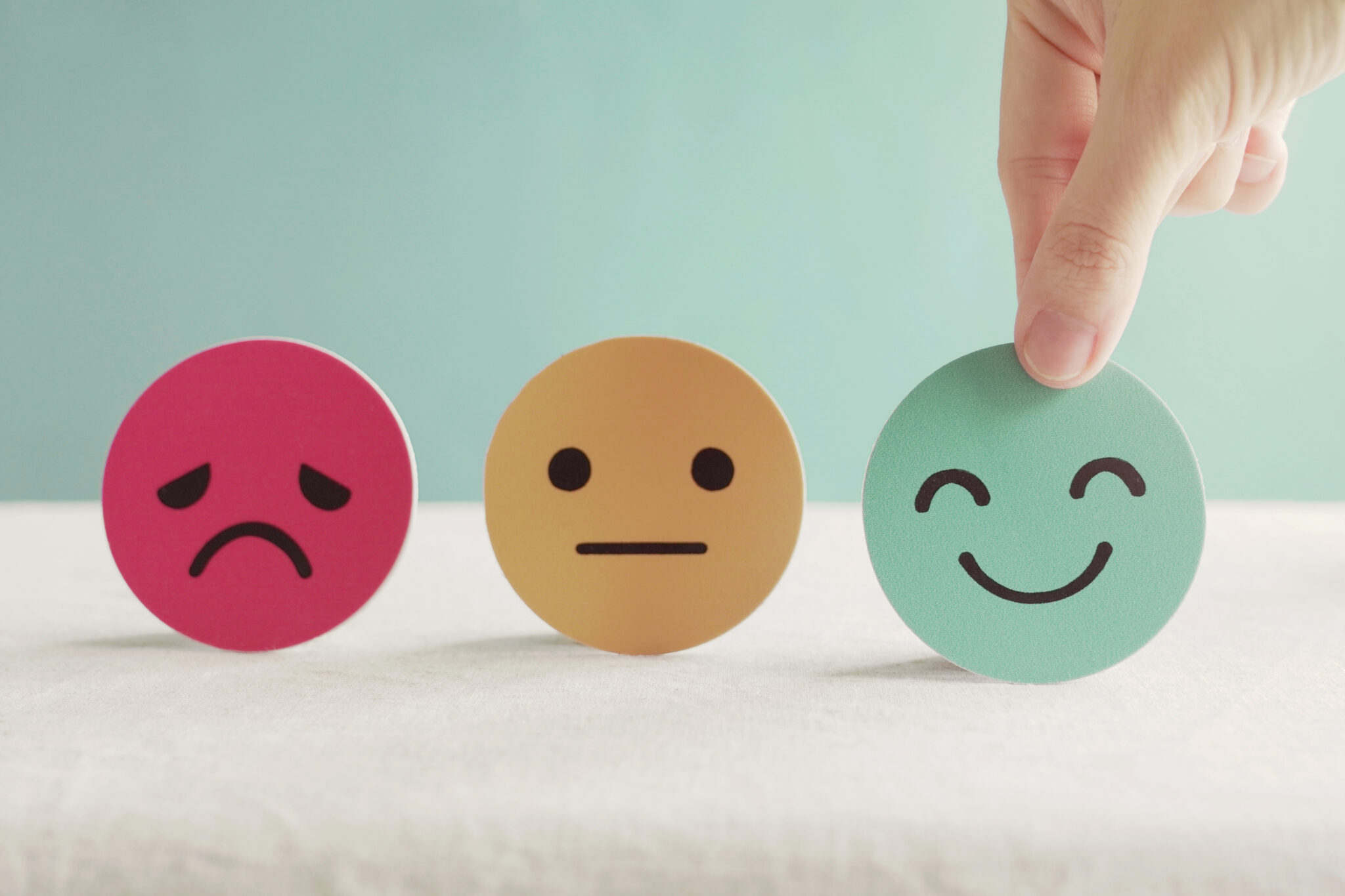Have you noticed that some men look better as they age compared to others? Their confidence, energy, and physical fitness remain intact despite the years. What’s their secret? The answer largely lies in testosterone – a hormone that plays a central role in maintaining masculinity. Testosterone helps keep a man strong, energetic, and mentally sharp. But what happens when testosterone levels start to decline?
Below, we will explore how to recognize the signs of low testosterone levels and what steps you can take to keep your testosterone levels high, preserving youthfulness and vitality even in older age.
Testosterone – the key to masculinity!
Testosterone is the primary male sex hormone that affects muscle mass, bone density, libido, energy levels, mood, and confidence. Testosterone gives men all the classic traits of masculinity – a deep voice, strong muscles, body hair, and vigor.
From the age of 30, testosterone levels begin to decline, reducing physical strength, libido, and mood, leading to fatigue and lack of motivation. The drop in testosterone levels affects both appearance and mental health, making everyday life more challenging.
Low testosterone levels lead to decreased libido and fertility issues. Thus, testosterone is a key factor in helping men maintain youthfulness and vitality even in old age.
Why does testosterone decrease? Reasons every man should know
Do you feel tired, or has your muscle mass started to shrink? These are the first signs of low testosterone levels that deserve attention. Testosterone levels naturally start to decline in men from the age of 30, decreasing by an average of 1–2% per year. However, age is not the only culprit. There are many other factors that can accelerate testosterone decline, and it’s important to be aware of them.
Causes of testosterone decline:
- Excess body fat reduces testosterone production by disrupting hormone balance and synthesis in the testes. Studies show that men with a body mass index (BMI) of 30 or higher may experience a 30–50% decrease in testosterone levels compared to men with a normal weight.
- Chronic stress. Constant stress raises cortisol levels, which reduces testosterone production by up to 50% and disrupts hormone balance. This leads to physical and mental fatigue and worsens symptoms of low testosterone.
- Insufficient sleep. Lack of sleep significantly lowers testosterone levels. Research indicates that sleeping only 4–5 hours per night can decrease testosterone levels by 10–15% or even more.
- Poor diet. An unhealthy diet, including low protein intake, insufficient healthy fats, and a lack of essential minerals like zinc and magnesium, can reduce testosterone levels by up to 30%.
- Excessive alcohol consumption inhibits natural testosterone production, reducing it by 20–30%, depending on the amount consumed.
- Lack of physical activity. Particularly, the absence of strength training can lead to a 15–20% drop in testosterone levels compared to more active men.
- Diseases such as diabetes, hypothyroidism, and depression negatively impact testosterone levels. For example, men with diabetes may experience a 20–50% reduction in testosterone levels.
- Certain medications. Antidepressants and blood pressure medications can lower testosterone levels by up to 30%, depending on the type of drug, dosage, and duration of use.
Symptoms of Low Testosterone Levels
Do you feel constantly fatigued? Has your motivation disappeared, and have there been changes in your body? Low testosterone levels can cause multiple symptoms that affect both physical and mental well-being. Here are the key signs to watch out for:
- Decreased libido. Reduced sexual desire and erectile dysfunction are often the first signs of low testosterone levels. These, in turn, negatively impact intimate relationships and a man’s self-esteem.
- Persistent fatigue. If you constantly feel exhausted, even after sufficient sleep or rest, this could indicate low testosterone levels. Chronic fatigue often leads to a lack of motivation in daily activities and work tasks.
- Loss of muscle mass and strength. Low testosterone makes it harder to build muscle mass. Men notice that muscle growth and strength recovery are slower compared to when they were younger.
- Weight gain. Particularly, fat accumulation in the abdominal area is a sign of declining testosterone levels. Low testosterone alters fat distribution in the body, making weight management more difficult.
- Mood changes. Low testosterone can cause irritability, depression, and lack of motivation. Men may feel constantly down, which can harm relationships with family members and friends.
- Cognitive problems. Difficulty concentrating and memory decline are also associated with low testosterone levels. These issues can affect work performance and daily activities, making them more challenging.
- Sleep disturbances. A drop in testosterone levels can lead to sleep disorders, making it hard to wake up feeling refreshed and well-rested. Sleep quality directly affects both mental and physical well-being.
- Heart health. When testosterone levels drop, the risk of cardiovascular diseases increases as blood vessels become stiffer and blood circulation worsens. This can raise blood pressure and cholesterol levels, increasing the risk of arterial plaque buildup.
These symptoms can be clear signs of low testosterone levels, especially if they occur together and over a long period. It is important to take these signs seriously and consult a specialist if necessary to find suitable solutions and support hormonal balance.
What Can You Do About It?
Low testosterone is not always an inevitable part of aging. Healthy lifestyle choices significantly impact your hormonal balance and overall quality of life.
- Maintain a healthy weight: A balanced diet and regular exercise help keep your body mass index within a normal range. Pay attention to portion sizes and opt for low-calorie foods.
- Reduce stress: Try yoga, meditation, or other relaxation techniques that help reduce stress and improve mental well-being.
- Get enough sleep: Establish a calming bedtime routine and aim for 7-8 hours of sleep per night. Avoid screen time before bed to promote better sleep quality.
- Eat a nutritious diet: Focus on protein-rich foods (such as fish, poultry, and legumes), healthy fats (such as avocado and nuts), and fresh, whole foods.
- Limit alcohol consumption: Monitor your alcohol intake and try to keep it moderate.
- Exercise regularly: Strength training is particularly effective for boosting testosterone levels. Aim to incorporate strength workouts at least 2-3 times per week.
- Take care of your health: Regular health check-ups help detect potential issues that may affect testosterone levels early on. Consult a doctor if you notice changes in weight or mood.
How Is Low Testosterone Diagnosed?
Low testosterone levels cannot be determined based on symptoms alone. Blood tests are necessary to measure both total and free testosterone in the body. The best time to take a blood test is in the morning when testosterone levels are at their highest. Additionally, the doctor will assess the patient’s complaints, such as decreased libido and persistent fatigue.
Furthermore, the doctor will examine the patient’s lifestyle and medical history to identify potential factors affecting testosterone levels. Since levels can fluctuate, a repeat blood test may be required to get a clearer picture. Additional tests, such as thyroid function and cortisol level assessments, may also be conducted. Finally, after completing the tests, the doctor will make a diagnosis and discuss appropriate treatment options with the patient.
How to Increase Testosterone Levels?
The effects of low testosterone levels can be reduced through a healthy lifestyle, a balanced diet, and dietary supplements, including vitamin D, zinc, and Tribulus Terrestris. These supplements effectively help increase testosterone levels and support overall male health.
Vitamin D – The Foundation of Men’s Health
Vitamin D is essential for both immunity and testosterone level regulation. Low vitamin D levels are associated with lower testosterone levels and erectile dysfunction. Vitamin D also supports mental health, the immune system, and heart health, reducing the risk of chronic diseases while strengthening muscles and bones. A healthy vitamin D level ranges from 75–125 nmol/L, making it important to take vitamin D supplements year-round, including in summer.
Zinc – The Foundation of Masculinity and Well-being
Zinc is a crucial mineral that supports testosterone production, sperm quality, and libido maintenance. Men lose about 3–5 mg of zinc with each ejaculation, making regular zinc intake necessary. Sufficient zinc levels help maintain fertility, strengthen the immune system, and reduce the risk of prostate cancer, making it an important dietary supplement for men.
Tribulus Terrestris – The Secret Weapon for Men’s Health
Tribulus Terrestris is an ancient herbal supplement known for its ability to boost testosterone levels and support muscle growth. Studies show that this natural supplement stimulates testosterone production, enhances sexual desire, and provides athletes with necessary energy and endurance. Tribulus is a safe and effective alternative to synthetic testosterone supplements, helping men achieve vitality and sexual well-being.
Don’t Let Low Testosterone Control Your Life!
Low testosterone does not have to be an inevitable part of aging. A healthy lifestyle, including a balanced diet, regular exercise, adequate sleep, and specialized supplements can significantly improve quality of life and support testosterone levels. Don’t let low testosterone prevent you from living a fulfilling life! If you feel something is wrong, don’t hesitate to consult a doctor to explore potential solutions.
Start your journey toward better well-being and vitality today!
